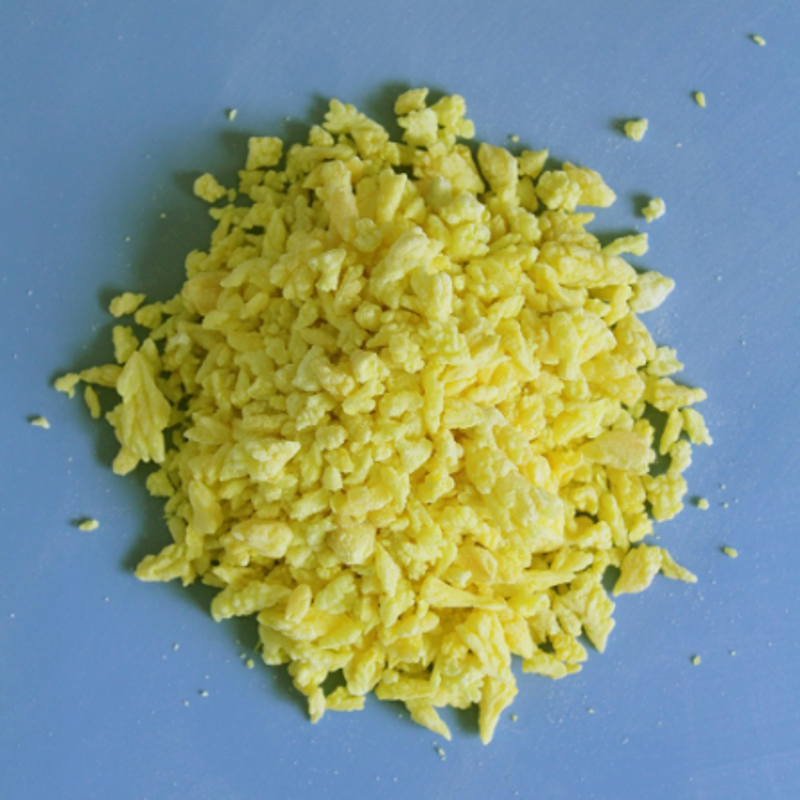-
Categories
-
Pharmaceutical Intermediates
-
Active Pharmaceutical Ingredients
-
Food Additives
- Industrial Coatings
- Agrochemicals
- Dyes and Pigments
- Surfactant
- Flavors and Fragrances
- Chemical Reagents
- Catalyst and Auxiliary
- Natural Products
- Inorganic Chemistry
-
Organic Chemistry
-
Biochemical Engineering
- Analytical Chemistry
-
Cosmetic Ingredient
- Water Treatment Chemical
-
Pharmaceutical Intermediates
Promotion
ECHEMI Mall
Wholesale
Weekly Price
Exhibition
News
-
Trade Service
BACKGROUND AND OBJECTIVE: Many studies have explored the role of the microbiome in inflammatory bowel disease (IBD), but few have specifically focused on the effects of surgery on the composition and metabolites of the microbiome, so this study aims to compare changes in the gut microbiome and metabolic group in IBD patients after different procedures, including recidectomy and colonectomy.
method: The researchers collected 332 stool samples (50 cases of ulcerative colitis; 79 cases of Crohn's disease) from 129 subjects at the IBD Biolibrary at the University of California, San Diego.
Of these, 21 patients with Crohn's disease underwent a return colonectomy, and the researchers used shot gun macrogenomics and non-targeted liquid chromatography to analyze the metabolic and microbial composition of patient fecal specimens over a 24-month follow-up period.
: There were significant differences in species diversity and metabolite diversity between groups (species diversity: P= 7.8x10-17; metabolomics, P=0.0043).
the relative abundance of E. coli was particularly pronounced among subjects undergoing surgery.
the microbial species spectrum is better able to classify subjects according to surgical status (accuracy: 0.80VS 0.68) than metabolite spectrum.
: Surgery appears to reduce the diversity of the gut microbiome and metabolic groups in IBD patients, and these changes may persist.
Over time, surgery can further destabilize the microbiome, not the metabolites, and these long-term effects and their effects on health outcomes need to be studied in forward-looking longitudinal studies related to microbiome-related esopes.
.







